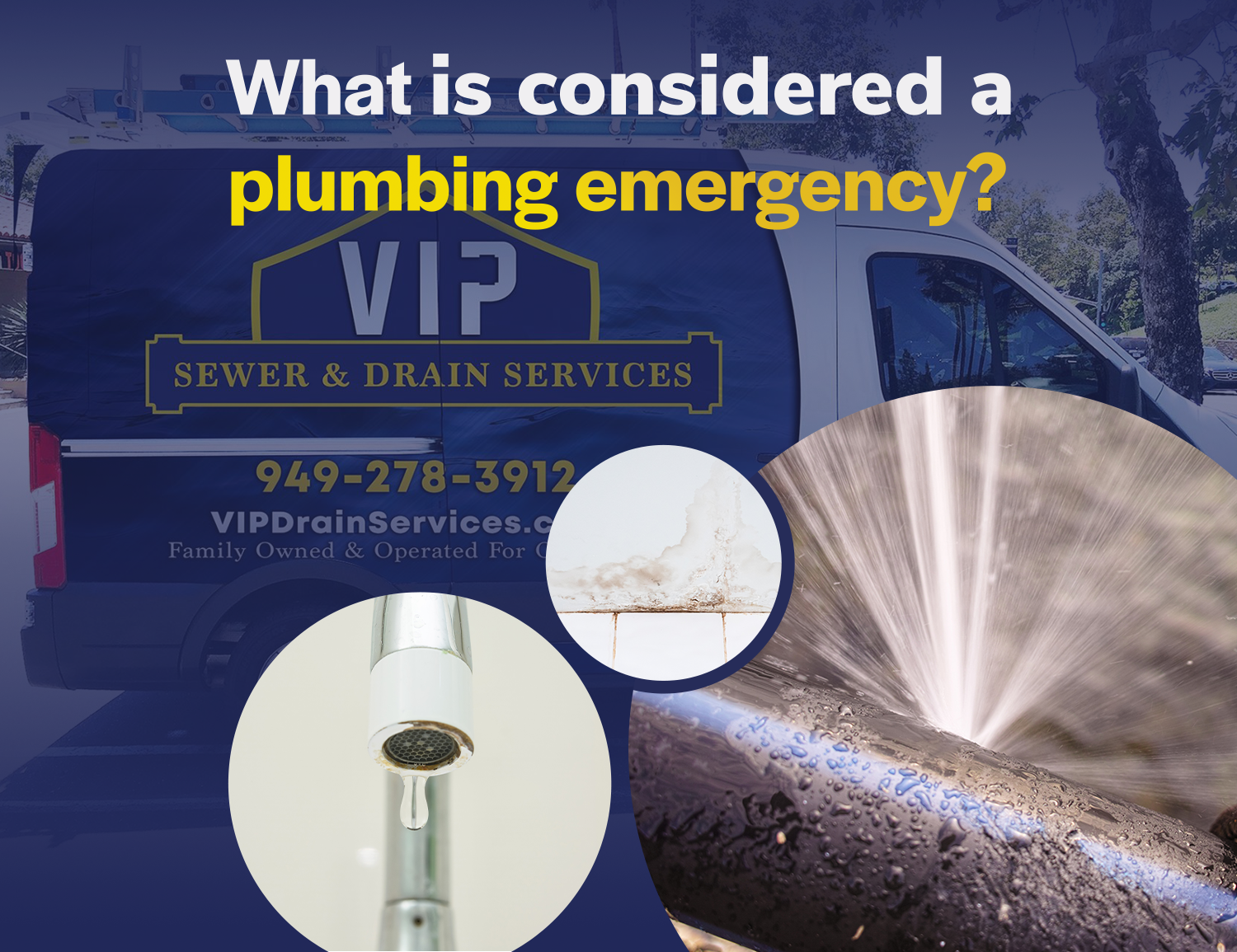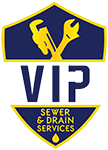
Plumbing emergencies can strike at any moment, leaving homeowners scrambling to find a solution. Understanding what qualifies as a plumbing emergency is crucial because it can mean the difference between a minor inconvenience and a major disaster. In this article, we will explore what is considered a plumbing emergency, why it is important to recognize one, and what steps you can take to mitigate the damage when faced with such a situation.
Common Plumbing Emergencies
Plumbing emergencies can encompass a wide range of issues, from the seemingly minor to the catastrophic. Here are some common scenarios that are typically classified as plumbing emergencies:
1. Burst Pipes
Burst pipes are probably the most obvious plumbing emergency. They can result from freezing temperatures, corrosion, or excessive water pressure. A burst pipe can flood your home rapidly, causing extensive water damage and potentially compromising the structural integrity of your home and even leading to mold growth if not addressed promptly.
2. Sewage Backup
A sewage backup is a homeowner’s worst nightmare that can occur due to clogged sewer lines or a malfunctioning septic system. Among common culprits are tree root infestations or the flushing of forbidden items such as paper towels. The sight and smell of sewage backing up into your home are immediate red flags. Sewage backups are not only unpleasant but pose serious health hazards and require immediate action.
3. No Running Water
This may seem simple, however, when you turn on a faucet and nothing comes out, it’s an emergency. No running water can disrupt your daily life, making it impossible to cook, clean, or even flush toilets. This situation may stem from a water main break, frozen pipes, or a sudden drop in water pressure.
4. Gas Leaks
While not strictly a plumbing issue, gas leaks are a life-threatening emergency that can be related to your plumbing system if you have gas appliances or heating systems. The smell of natural gas is distinct, and if you detect it, evacuate your home immediately and call your gas provider.
5. Overflowing Toilet
A toilet that won’t stop overflowing, even after using a plunger, is a common plumbing emergency. This situation can lead to extensive water damage, particularly if the overflow occurs on an upper floor.
6. Leaking/Malfunctioning Water Heater
Water heaters are complex appliances that connect to your gas or electrical systems. A leaking water heater can release a significant amount of water into your home. Not only does this waste water, but it can also cause structural damage and pose an electrical hazard if the water comes into contact with electrical components. On the other hand, a malfunctioning water heater can put you at risk of contact with contaminated water, severe scalding, and in extreme situations, an explosion.
7. Faucet or Fixture Leaks
While not as urgent as a burst pipe, faucet or fixture leaks can still cause water damage and result in higher utility bills. If left unaddressed a leaky pipe can lead to pipe bursting. Addressing these leaks promptly can save you money and prevent further damage.
8. Frozen Pipes
Frozen pipes are a common plumbing emergency during the winter months. Frozen pipes can burst when they thaw, causing significant water damage. Preventing frozen pipes through insulation and proper heating is crucial.
What to Do During a Plumbing Emergency
When faced with a plumbing emergency, it’s essential to remain calm and take the following steps:
Shut Off the Water. Locate the main water shutoff valve for your home and turn it off. This will stop the flow of water to the affected area and prevent further damage. Everyone in your household should know the location of this valve.
Turn Off the Power. If the emergency involves electrical components (e.g., a leaking water heater), switch off the power at the circuit breaker. This prevents electrical hazards and potential fires.
Call a Professional Plumber. Contact a trusted, licensed and experienced plumber immediately. Explain the situation and follow their guidance.
Evacuate if Necessary. In situations involving gas leaks or severe flooding, it may be necessary to evacuate your home. Ensure everyone’s safety and call the relevant authorities for assistance.
Document the Damage. Take photos or videos of the plumbing emergency and any resulting damage. This documentation may be needed for insurance claims or legal purposes.
Notify Your Insurance Company. Contact your homeowner’s insurance company to report the emergency and start the claims process. Provide all necessary documentation and follow their instructions.
Recognizing a plumbing emergency matters for several reasons. Quick action can prevent minor issues from escalating into major problems. For instance, fixing a small leak early can save you from dealing with a burst pipe and extensive water damage. Some plumbing emergencies, such as sewage backups and gas leaks, pose serious health risks. Addressing these issues promptly can safeguard your well-being. Delaying repairs for plumbing emergencies often leads to higher repair costs and increased utility bills due to wasted water whereas addressing the issue promptly can save you money in the long run. Timely resolution of plumbing emergencies helps maintain the integrity and value of your property. Water damage, in particular, can diminish the value of your home significantly in a short amount of time.
Remember, being prepared and knowing the location of your main water shutoff valve can make all the difference in mitigating the impact of a plumbing emergency. Ultimately, the key is to act swiftly and enlist the help of a professional plumber to resolve the issue and restore your home to its normal state. Here at VIP Sewer and Drain services, our trained, licensed and experienced plumbers are available 24/7 for your next plumbing emergency.


